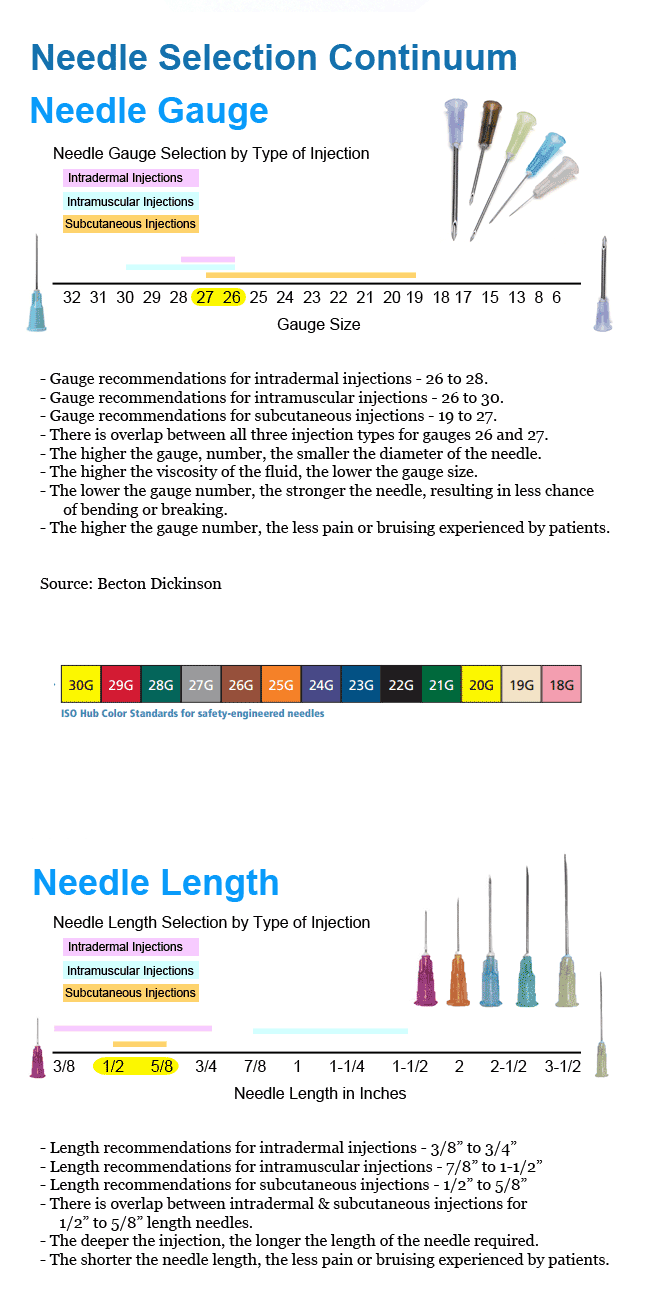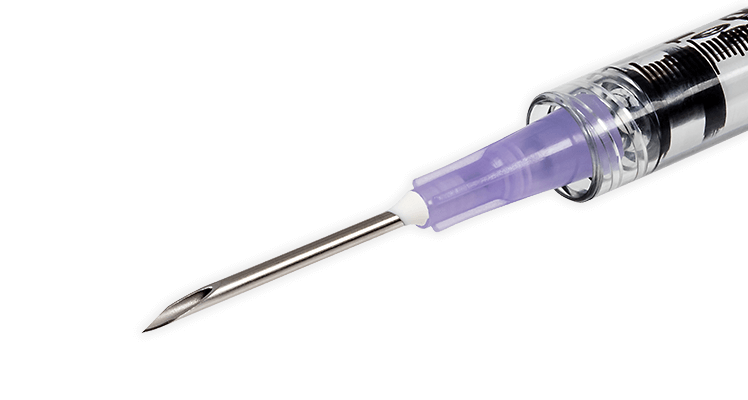Hope they at least wipe the needle off on their shirt sleeve or something between patients
Here's the kicker: the first doctor that was busted - Muzaffar Ghangharo - is actually himself HIV-positive and doesn't even know it.
The investigation also reveals that when used needles are disposed of, people would repackage them as new and resell them to other doctors.
That speaks volume about the kind of quackery they have over there.
Slightly older article, but still be informative for those a bit behind the news:
Medical Investigation: How Did 494 Children In 1 Pakistani City Get HIV?
May 21, 2019
This spring, a number of parents in Ratodero, a poor neighborhood in the city of Larkana in southern Pakistan, were worried about their children.
Their children had been running fevers for a while. The parents had been taking them to a clinic run by Dr. Muzaffar Ghangharo, a pediatrician. But the youngsters weren't responding to treatments to bring down the fever.
In late April, some of the parents wanted another opinion. So they took their children to a different medical center in Larkana, where they were seen by Dr. Imran Arbani.
Because a long-running fever is one of the symptoms of HIV, Arbani suggested testing the children for the virus as a precaution.
The results were devastating. On April 24, the first test results came in: One of the children was HIV-positive. There were 14 more positive test results, according to an op-ed written by
Muhammad Nauman Siddique, the province's deputy commissioner, and published on May 20.
The children ranged in age from 2 months to 8 years.
That was the start of the current HIV outbreak in the Sindh province of Pakistan.
It's a disease that is all too familiar in this part of the country. The province accounts for nearly half of the 150,000 HIV-positive cases in Pakistan, according to UNAIDS. In this particular outbreak, blame was initially focused on Ghangharo, but the tragedy is now being linked to major failures in the health care system, including reuse of syringes and lack of standards for blood transfusions.
After news of the infected children broke on TV, "there was panic, hue and cry," Masood Bangash, a district police officer, told NPR. Parents gathered outside Ghangharo's clinic and other sites in Larkana to express their anger.
The deputy commissioner of Larkana's municipal government called for free screenings for anyone who was concerned. The parents of the HIV-positive children demanded that Ghangharo be screened as well.
As of May 20, more than 10,000 children and adults have been screened as part of the ongoing government effort. In total, 607 were HIV-positive: 113 adults and 494 children. According to the authorities, in most cases the parents of these children are not HIV-positive.
As for Ghangharo, he was found to be HIV-positive.
"And here is when it was suspected that he was the source of spreading HIV in their kids through bad practices," says Bangash.
Ghangharo says he was not previously aware of this status, and the police said that he believes he might have been infected from a blood transfusion he received after an automobile accident several years ago.
Because of the outcry, the doctor was arrested on April 30 based on what's known as a "first information report" in the Pakistani judicial system — in this case, complaints from the parents about a possible offense. He is being held in jail until an investigation is completed.
In a
video filmed in jail that day and released on social media, the doctor stated: "I have been accused of playing the main role in spreading HIV. I am a qualified pediatrician. I had no idea I was infected. I would have taken treatment had I known I had HIV. I never felt any signs and symptoms. I am fully active. Also, why would I do this to innocent kids? What enmity do I have against these innocent children that I will infect them with HIV?"
The investigation is ongoing as the team tries to determine whether the outbreak was the result of unsafe practices in the doctor's clinic and other clinics in the region.
Dr. Minhaj Kidwai, the CEO of the Sindh Health Care Commission, an independent, government-funded group, believes the outbreak is a result of "contaminated syringes, syringes that are reused for injections in children, unscreened blood transfusions and reuse of dextrose and saline drips."
Fehmida Khan, community support adviser at the UNAIDS Country Office for Pakistan and Afghanistan, reiterated that theory in an email to NPR: "For now, it seems that the major mode of transmission ... is attributed to the rampant practice of unsafe injections and unsafe blood transfusion."
Because of the hundreds of diagnoses since April, the belief is that it's impossible to blame one individual. "It's not only this particular doctor but others and quacks as well," says Kidwai.
According to the Pakistan Medical and Dental Council, an estimated 200,000 unqualified medical personnel are practicing in the province of Sindh.
What's more, even if medical staff dispose of needles, there are still risks, the investigators found. "During our investigation we also unearthed people who were repackaging used syringes and selling them to doctors," says Kidwai.
In all of Sindh province, Kidwai says, investigators have identified some 500 clinics, labs and blood banks with unsafe practices or evidence of quackery in the past three weeks. In Larkana alone, 147 facilities have been "sealed" — shut down pending further investigation. And approximately 600 facilities in Sindh province have received government warnings.
There's another potential problem, Kidwai says. Some doctors in the area "sublet" their degrees to nonmedical personnel, who'll pay a fee so they can state the clinic is under the doctor's supervision even though the doctor is not on the premises.




